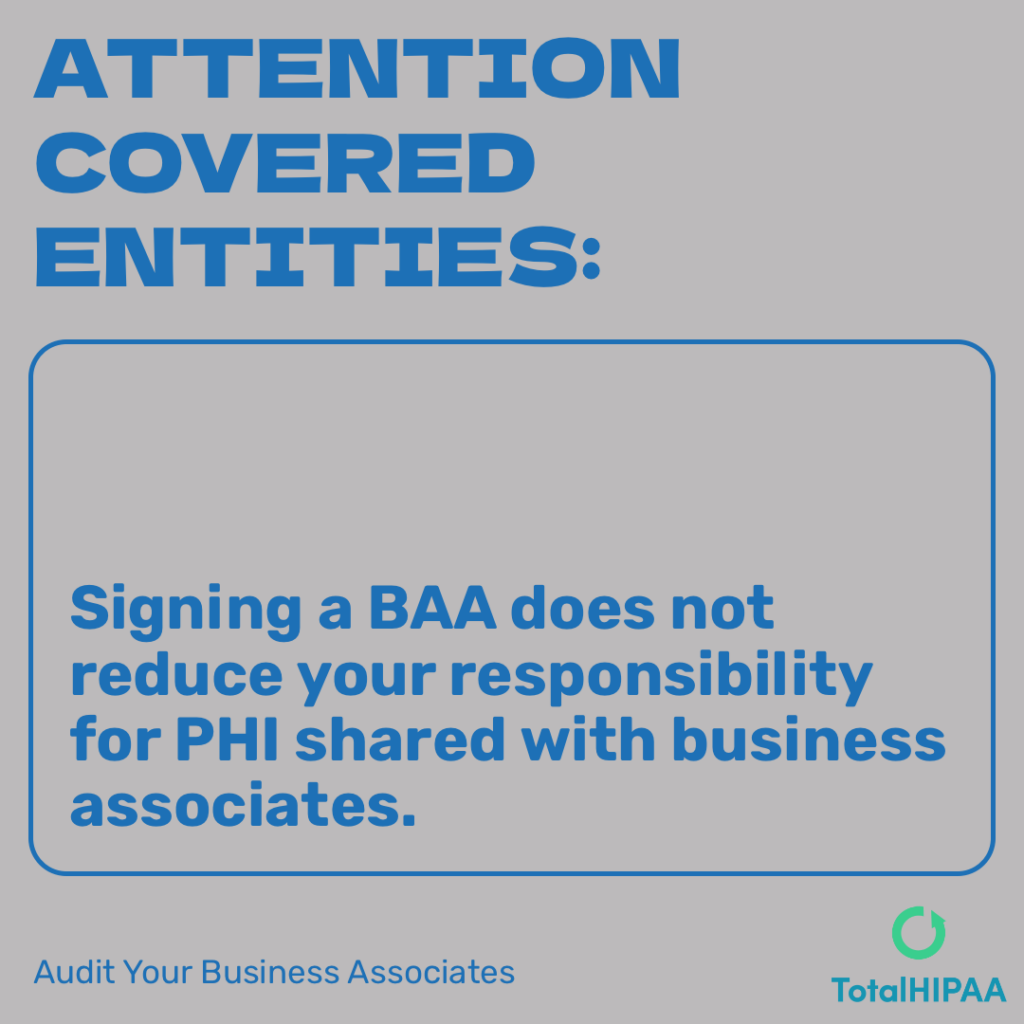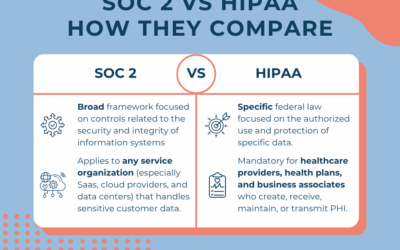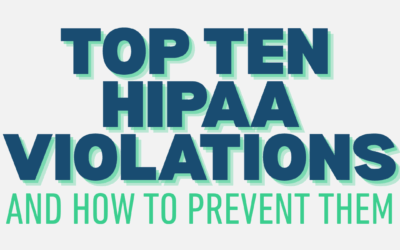Who does this apply to?
In the extensive world of rules and regulations related to HIPAA, it’s crucial to have a clear grasp of specific rules for both legal and ethical reasons. Section 45 CFR § 160.402 is often referred to as the “Common Agency Provision.” This rule serves as a central reference point for organizations that are subject to the Health Insurance Portability and Accountability Act (HIPAA). All covered entities and their business associates should understand what the “Basis for a Civil Money Penalty” means.
Breaking it Down
The Common Agency Provision is part of the Code of Federal Regulations (CFR) and it states the legal responsibilities of a Covered Entity.
Direct Liability:
A covered entity has a direct responsibility to ensure anyone who handles PHI on their behalf is HIPAA compliant. The covered entity must also establish a Business Associate Agreement with the business associate. Failing to do so is akin to gross oversight, opening the covered entity to legal consequences.
Liability by Association:
Covered entities must not turn a blind eye to a Business Associate’s non-compliance. If a covered entity is aware of a business associate’s non-adherence to standards and chooses not to address it, indirect liability is placed upon the covered entity. For example, a doctor’s office which uses an EHR could be held liable by association if their EHR is found to be in non-compliance with HIPAA. This part of the rule underscores the importance of maintaining both individual and collaborative HIPAA standards.
Where did the Common Agency Provision come from?
At the core of the common agency provision is the concept of agency law. Agency law exists across the legal landscape of relationships, not just HIPAA. It is the “common law” or “case law” that governs the rights, relations, and conduct of the agency and principal. Further, agency law revolves around agent-principal relationships which encompass several other legal relationships, including employer-employee, buyer-seller, and more. Within the context of healthcare compliance, this translates to the relationship and responsibilities between the covered entity and the business associate.
What are the implications?
“Simply signing a Business Associate Agreement does not absolve a covered entity from the responsibility of PHI protection. A business associate and covered entity must diligently work together to ensure PHI is protected at all times.”
The Office for Civil Rights (OCR) under the Department of Health and Human Services operates as the regulatory watchdog. Tasked with the enforcement of HIPAA rules, the OCR ensures that both covered entities and business associates adhere to established standards. Non-compliance could result in severe sanctions, as stipulated under 45 CFR § 164.404(a). Entities, therefore, must be continually vigilant and proactive in upholding these standards. Simply signing a BAA does not absolve a covered entity from the responsibility of PHI protection. A business associate and covered entity must diligently work together to ensure PHI is protected at all times.
In the Modern Era
In the current digital era, where data breaches and cybersecurity threats run rampant, safeguarding Protected Health Information (PHI) extends beyond ethical adherence. It’s about maneuvering within a labyrinth of legal obligations where errors can lead to dire consequences. As the healthcare sector continues to evolve technologically, the onus on covered entities and business associates to remain informed, aware, and compliant becomes even more critical.
In Sum
The Common Agency Provision, 45 CFR § 160.402, serves as a roadmap. It guides covered entities through their legal obligations. It’s a reminder that maintaining the integrity and security of PHI isn’t just an obligation, but a testament to the trust and responsibility of patients and their healthcare providers and associates.

Total HIPAA specializes in HIPAA compliance services, helping businesses adhere to HIPAA guidelines and protect sensitive data. Our experts ensure your organization remains compliant with HIPAA regulations, meaning you can focus on your core operations while we handle documenting the policies and procedures that make up your HIPAA compliance plan. Trust Total HIPAA for comprehensive compliance solutions tailored to your needs. Book a clarity call today.



